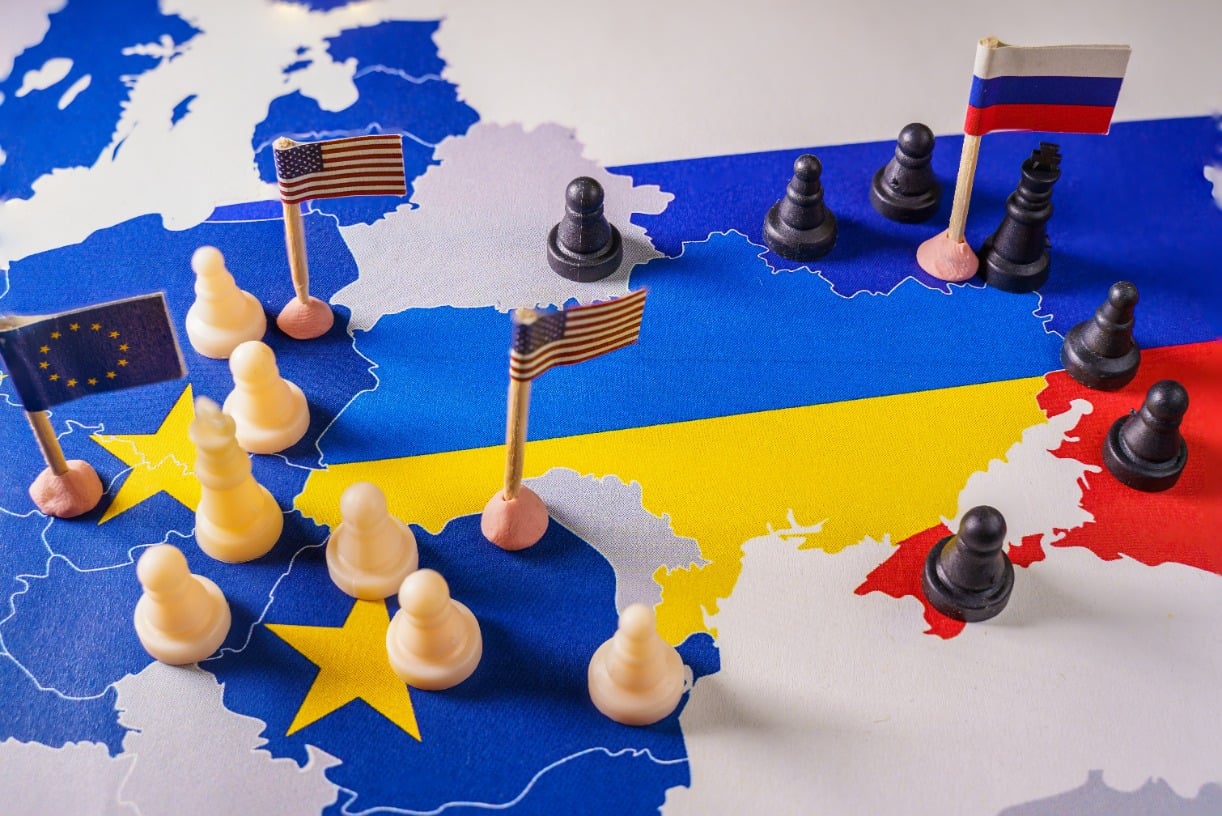The problem with the “Korea Scenario,” however, is that it assumes that the Russian leadership is desperate for a ceasefire and negotiations. There is scant evidence of this. Not only have the Russians fought the Ukrainians to a standstill in the south, but they launched their own offensive in the north, aimed at capturing the full extent of the Luhansk region, where Russian troops are steadily advancing. Russian society and the economy remain relatively stable, suggesting Prigozhin’s mutiny was indeed an aberration—and his criticism of the war always was that it wasn’t fought hard enough.
If Russian forces can drive deep into Ukrainian territory and capture the regions Moscow has identified as its objectives, then the war ends in a significant Russian victory, and crucially one reached by force of arms alone, not a peace settlement mediated by the United States.
A Russian victory on these terms is a significant setback for the United States. The reputational damage to American competence and the NATO alliance would be colossal, as the best of NATO hardware and training has already gone into the Ukrainian military, and Russia would be able to make the claim that it stood alone against the West—and won. The Sino-Russian relationship would also strengthen. Finally, the cheap and effective weapons Russia uses to win the war, such as the Lancet, will flow to every regime opposed to American leadership around the world.



Not to mention that line at the end. Freely admitting that the real problem with China is that they’re bigger than the US. Americans just cannot deal with the thought of not being able to bully the rest of the world.
This has been US foreign policy since 1945, and it has become a continuous existential crisis for them. They based their entire economy around bullying the world. If they lose that position, then their economy collapses.
They argue for peace only because they want hostility elsewhere. The honesty is refreshing.